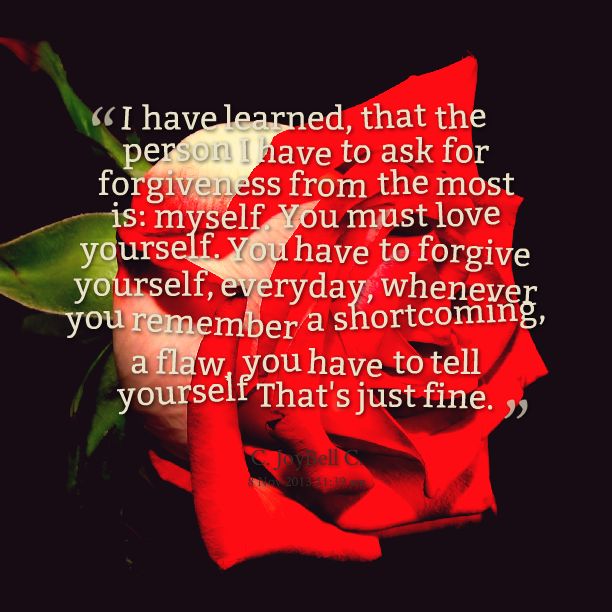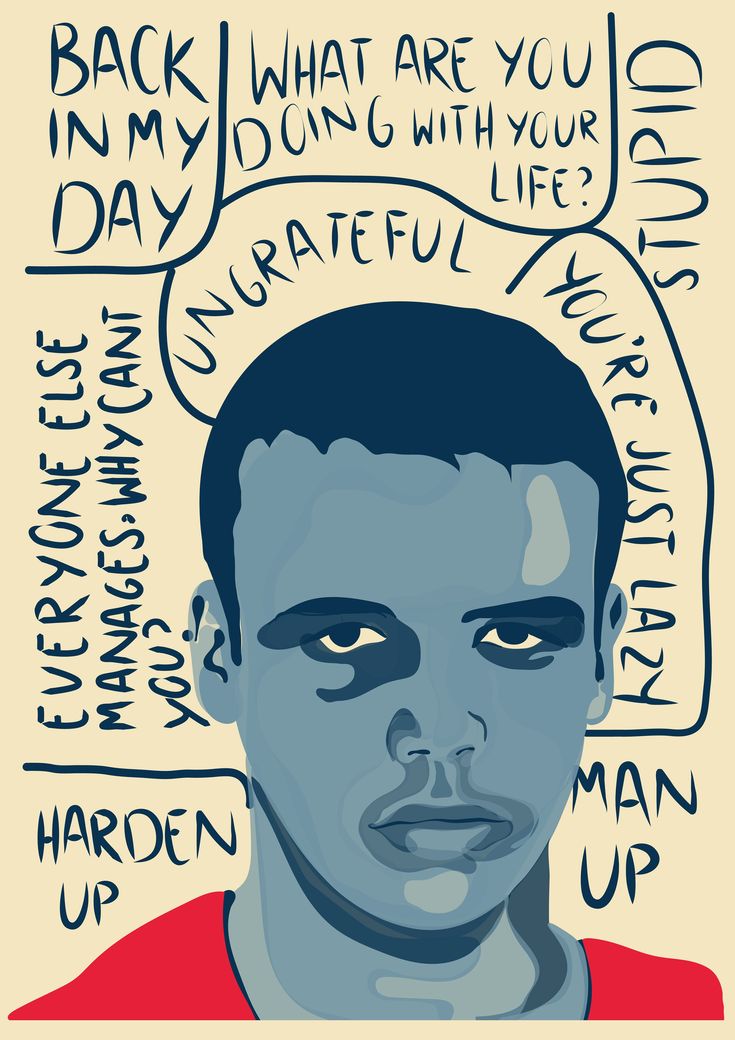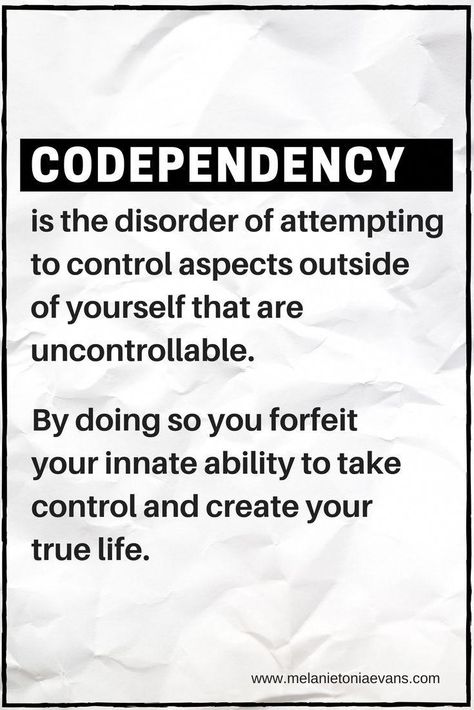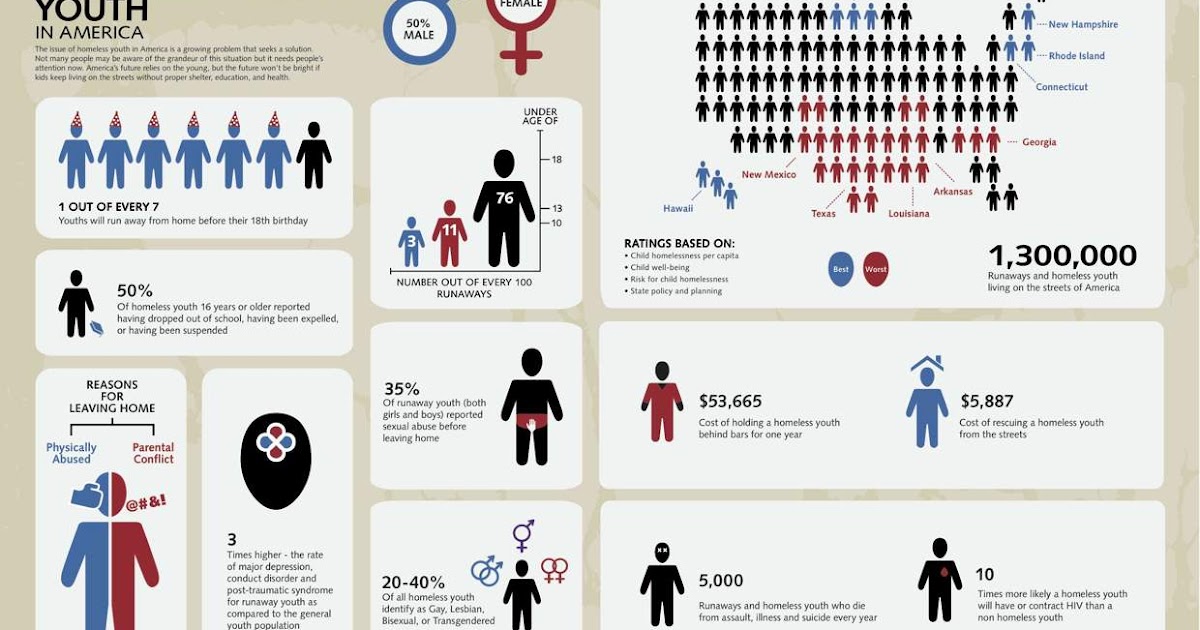Narcissists and shame
Narcissism and Shame Treatment and Tips
Narcissism and Shame (therapy in philadelphia, ocean city, mechanicsville, santa fe)
Narcissism and shame go hand in hand in so many ways. Narcissists carry a LOT of shame. From mistakes made in the past, fear of not being enough, to fear of criticism in the present and future. For many narcissists their lives are rather shame-based but, they will never admit it. Facing shame is something incredible uncomfortable and difficult for most narcissistic individuals. To admit to shame means to become vulnerable, to let go of control, and to face the fear head on. These 3 tasks are not in a narcissist’s skill set. Shame is an essential emotion, we all have it, and it is often misunderstood. Facing one’s shame is necessary in creating meaningful and intimate relationships. Narcissist’s issues with shame is a major reason narcissists struggle to maintain friendships, experience true intimacy, and struggle with self-esteem.
Narcissists fear and despise facing their shame so much so, that their way to survive is to project their own shame on to those around them. As they continue to blame, shame, and criticize those around him/her, they are able to distance from their own shame as well as feel better about themselves now that they can view those around him/her as flawed.
Shame is a hidden emotion
Shame is often a misunderstood emotion. And just as often its’s mistaken with guilt. Guilt means you’re aware your actions were wrong and someone else may have been hurt in the process. Healthier functioning individuals who experience shame use the emotion and experience to correct their actions in the future, grow and move forward. In a narcissist’s world, even if they haven't done anything wrong, they feel as though they did something wrong. Its about regret, not feeling like you made a mistake, but feeling like you ARE a mistake. Common thoughts associated with shame include: “I am worthless.” “I am a failure.” “Why would anyone want to love a failure?” The shame for narcissists is carried deep within, and often impacts one’s feeling of worth, that they cant bring themselves to share with anyone.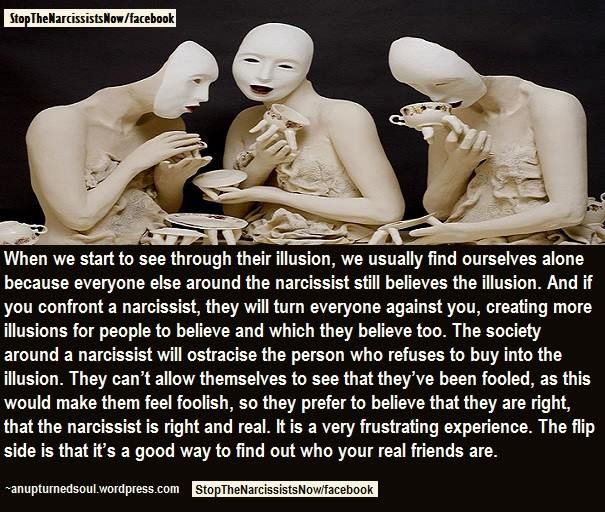
Avoid and Blame
How do narcissists typically cope with shame? By avoiding and blaming. As previously mentioned, trying to get a narcissist to face and talk about the shame he/she is carrying is an incredibly tall order. Narcissists are so uncomfortable with deeper emotions, especially shame that they would rather put off facing this hidden, negative emotion at all costs. They will criticize and blame others in order to avoid feeling like a failure. Whether they blame others for their own mistakes made, or they take something completely new and separate from their own mistakes criticizing the flaws they believe they see in others.
Consequences of avoiding shame
Avoiding shame negatively impacts relationships; most likely intimacy is difficult to attain in the relationship. Narcissists are worried about losing control and becoming too vulnerable, because if they becoming vulnerable, they are susceptible to feeling their shame. It is nearly impossible to achieve true closeness with a controlling and distance person.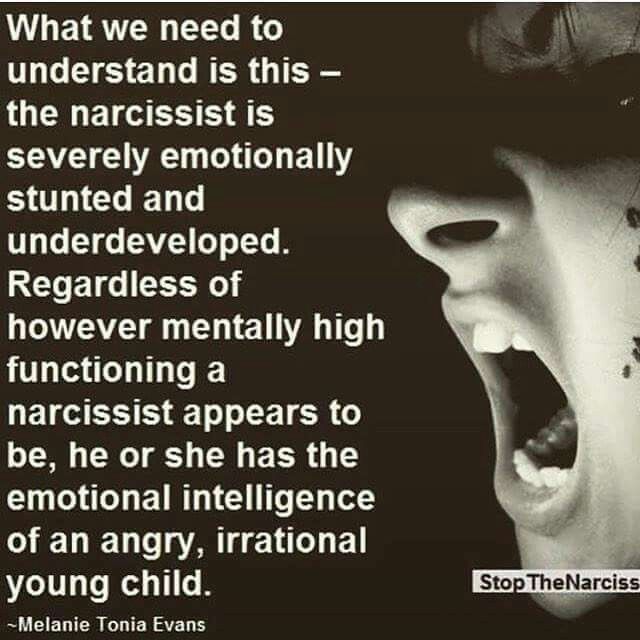 In addition it is difficult to want to be close with someone who is constantly blaming, criticizing, and questioning every action you take. It’s also difficult to feel close to someone who instead of trying to understand you, wants you to say and do things differently from how you naturally behave. This kind of criticizing can send the message that “you are not enough.” As one continues to avoid, and as the shame continues to build, it’s understandable if one’s self-esteem becomes damaged in the process. Someone who avoids shame is someone who is so fearful of criticism from others and eventually, rejection.
In addition it is difficult to want to be close with someone who is constantly blaming, criticizing, and questioning every action you take. It’s also difficult to feel close to someone who instead of trying to understand you, wants you to say and do things differently from how you naturally behave. This kind of criticizing can send the message that “you are not enough.” As one continues to avoid, and as the shame continues to build, it’s understandable if one’s self-esteem becomes damaged in the process. Someone who avoids shame is someone who is so fearful of criticism from others and eventually, rejection.
Whether you are dealing with narcissistic traits and shame yourself, or you are on the receiving end of someone avoiding shame, it is imperative to address the shame you experience. To face all possible factors and layers of shame means to be vulnerable and therefore ready for intimacy. As for the type of intimacy, that is up to you. Avoiding shame negatively impacts relationships, because narcissists are blaming others and probably avoiding certain aspects of intimacy in order to avoid shame.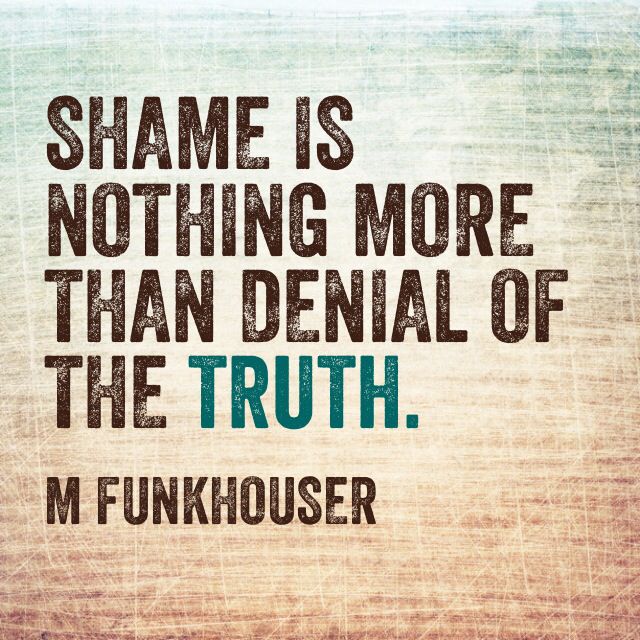
You can self schedule an in-person or virtual therapy session at the Center for Growth by calling (215) 922-5683 x 100.
For your convenience we have 5 physical therapy and counseling offices and provide virtual therapy and counseling services in Florida, Georgia, Pennsylvania, New Jersey, New Mexico, and Virginia.
· Ocean City Therapy Office
360 West Ave, Floor 1, Ocean City, NJ 08226
· Mechanicsville Therapy Office
9044 Mann Drive, Mechanicsville Virginia, 23116
· Society Hill Therapy Office
233 S. 6th Street, C-33, Philadelphia PA 19106
· Art Museum / Fairmount Therapy Office
2401 Pennsylvania Ave, Suite 1a2, Philadelphia PA 19130
· Santa Fe Therapy Office, 2204 B Brothers Road, Santa Fe, New Mexico, 87505
· Telemedicine: We have therapists who are licensed to work in Florida, Georgia, New Jersey, Virginia New Mexico and Pennsylvania
Therapy Services Offered in Philadelphia, Ocean City, Mechanicsville, Santa Fe:
Individual Counseling and therapy
Couples Counseling and marriage counseling
Teen Therapy and Adolescent Therapy and tweens and child counseling
Family Therapy and multi-generational counseling
Art Therapy and Counseling no art skills needed
ADHD Therapyand ADD, Dyslexia, Autism, Tourettes counseling
Anxiety, Panic, OCD Therapy and worry and fear support
Breaking the cycle of Codependency and being your own person
Overcoming Chronic Illness and Chronic Pain .

Depression Therapy and sadness, gloom, and upset support
- Functional Neurological Disorder (FND) Therapy is a particular style of therapy designed for people with problems affecting their nervous system, how the brain and body send and receive signals.
Grief Therapy and loss, End of A Relationship, rejections, pregnancy and loss and therapy
Mindfulness Based Therapy and spirituality based therapy
- Narcissistic Abuse Recovery child of, parent of, spouse of, sibling of a narcissist.
Sex Therapy and sexual function & dysfunction, sex addiction, sexual orientation and gender identity support
Shame and Blame
Trauma Therapy both emotional and sexual abuse, complex trauma, PTSD counseling
Divorce support
Affairs, Infidelity, Unfaithful, Cheating counseling
Parenting therapy
Personality disorder treatments Narcissist, Borderline, Histrionic
Anger Management Therapy
Setting Boundaries and identifying ones own Core Beliefs
Just name some of the Mental Health issues that we work with.
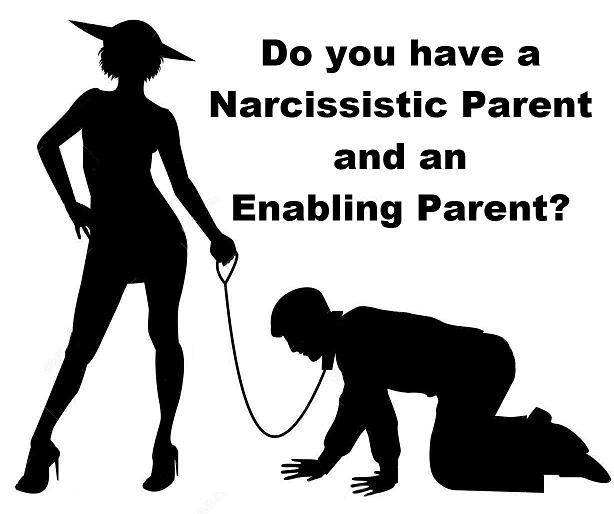 Our goal is to help you Change and Achieve Your Dreams
Our goal is to help you Change and Achieve Your Dreams
Written by: Center for Growth Therapists
Pennsylvania New Jersey Virginia New Mexico Georgia Florida
Narcissistic Shame - Understanding Narcissism and Shame
The narcissist’s excessive self-worth does a great job of chasing off their inferiority complex and replacing it with an outer veneer of superiority through their False Self. This goes a long way to disguising their inner sense of vulnerability that is far too shameful to be seen by others.
This, to a large extent, creates the narcissist’s typical arrogance that is all too apparent. Narcissists are plagued with feelings of envy that are born out of their deep, emotional insecurities and poor sense of self-worth. It is important to know that their shame and envy are inextricably intertwined.
Unable to form their own ideas and ideals for themselves, the narcissist latches onto others out of envy, especially those who they respect as being superior so that they can get that same sense of self from them. Unfortunately, those who are superior to the narcissist will eventually unintentionally trigger the narcissist’s feelings of lacking, causing them to feel shame. They just cannot abide or tolerate feeling less than anybody else, so when someone possesses something that they do not have, it provokes feelings of inadequacy and triggers their shame and resentful longing.
It is the narcissist’s envy that causes their constant denigration of others. This may indeed quieten their shame for a while, but it does not conquer it. The narcissist’s unacknowledged shame often leads to their displays of shamelessness, lack of compassion, rage, and entitled grandiosity.
Always the narcissist’s shame is linked to the trauma they have experienced as children. To understand it more fully, we need to go back to the narcissist’s childhood and understand how their environment (i. e. family, school, etc.) operated through a fog of criticism and punishment that was so severe that it left the child feeling totally worthless and powerless.
e. family, school, etc.) operated through a fog of criticism and punishment that was so severe that it left the child feeling totally worthless and powerless.
Raised in an environment where the child is not allowed to get things wrong, and where any failure subjects them to constant humiliation is nothing short of soul destroying. Research has been able to determine that humiliation is a more intensely felt emotion than either happiness or anger, and that it produces feelings in the child that they are “sadly lacking”, and therefore, “not good enough”.
Their internalised sense of shame affects the child’s sense of being in such a way that leads them to believe that “I am bad”, rather than learning “I did something bad” (guilt). There is a place for guilt, because healthy guilt is about having moral feelings or a conscience that leads to our sense of social justice. Dr. Rick Hanson (2014) speaks of guilt as being “in the wince of healthy remorse.” He says: –
“Healthy remorse is distinct from unhealthy, pathological shame, which includes feelings of inadequacy, unworthiness, second tier standing, and damaged goods — I can speak from personal experience here. As my dad, who grew up on a ranch would put it: feeling like the runt of the litter – and that’s not good for us.”
As my dad, who grew up on a ranch would put it: feeling like the runt of the litter – and that’s not good for us.”
To avoid these shameful feelings and escape from the grip of shame, the child looks to get some control over their lives in other ways. For example, the child may glean control through perfectionism, grandiosity, power, attention, etc., all of which leads to the manifestation of the narcissist’s “God complex”, where they feel superior to everybody else.
In such an environment where the child is governed by a shame-based caretaker, a bed of shame will be created for the child that is so damaging that it affects their self-esteem and fragile sense of self. Later, as adults, whenever shame is experienced at any given moment, it calls the narcissist’s positive social image into question, posing a serious threat to their social bonding. This is guaranteed to trigger old feelings of abuse that will lead to a loss of esteem, status, acceptance, rejection, and social isolation; all of which are a threat to the narcissist’s social self.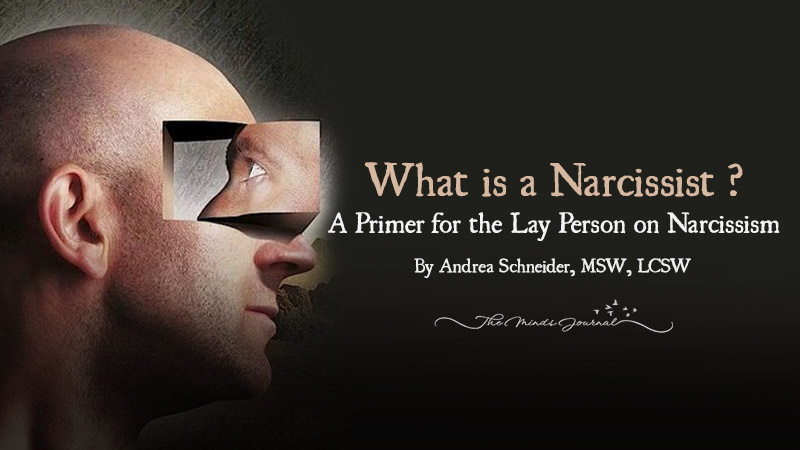 When this happens, it is likely to deregulate the narcissist emotionally. This will cause them to discharge their defence responses in a very aggressive shame-rage or humiliated fury at the offender without mercy.
When this happens, it is likely to deregulate the narcissist emotionally. This will cause them to discharge their defence responses in a very aggressive shame-rage or humiliated fury at the offender without mercy.
Furthermore, all this turmoil related to shame, and their constant need for soothing, links the pathological narcissist to a wide range of addictions and compulsions as a defence against shame (i.e. substances, food, sex, gambling, adrenaline, rage, narcissistic supply, attention, power, control, addiction to self, etc.).
- Author
- Recent Posts
Christine
Christine is a Psychotherapist, Educator, Author and Supervisor of mental health professionals for over 28 years. She was part of a team in the Trauma Unit of St. Brendan’s Psychiatric Hospital, Dublin, and has worked specifically with victims of pathological narcissistic abuse in her private practice for many years.
Her books, “The Three Faces of Evil: Unmasking the Full Spectrum of Narcissistic Abuse” and “When Shame Begets Shame: How Narcissists hurt and shame their victims” set out to to help those who have been affected by a narcissist and also to address the shortfalls in a therapist’s education, so that they become better equipped to work with survivors of narcissistic abuse. Much of her knowledge has come from her post-grad studies in Criminology and Forensic Psychology, and it is through these disciplines that she has gained her understanding of “The Dark Triad”, (Narcissism, Machiavellianism and Psychopathy).
Much of her knowledge has come from her post-grad studies in Criminology and Forensic Psychology, and it is through these disciplines that she has gained her understanding of “The Dark Triad”, (Narcissism, Machiavellianism and Psychopathy).
These three faces of evil are vital information for understanding the full spectrum of narcissistic abuse and the dire effects on the victims.It is her vision that narcissistic abuse becomes part of the curriculum of all Mental Health clinicians.
Latest posts by Christine (see all)
Narcissistic shame, Gestalt Therapy - Gestalt Club
Oksana Levchuk
Gestalt Therapy - November 26, 2020 at 1:29
Since the narcissistic radical is formed very early life periods, up to 3 years, narcissistic effects tend to cover the whole personality. At an early age, the boundaries between "I" and the world not formed, because there is still no perception of oneself - separate from environment. Feelings are generalized, there is no understanding of their temporality, they cover the entire world. nine0003
nine0003
Later in life we see an echo of this state in moments when extraneous criticism in the eyes of a narcissistic personality becomes gigantic and like a tsunami wave washes away all the supports that support the already unstable "I". Criticism is generalized and, taking the form of toxic shame, encompasses the entire personality. The same goes for features. the narcissist's experience of an approving look, which is also are projected by them onto their entire personality, even when it comes to compliment from a passerby. nine0003
The essence of shame is that in response to external disapproval I already independently alienate the "unsuitable" part from myself. AND What does a person who is "ashamed of himself" reject? Fearfully imagine the scale of the internal catastrophe.
For comparison, in a more adaptive version of criticism perceived by a person in isolation, as a result of which only a certain characteristic of a person or his action lends itself doubt or rejection (or not amenable at all), and this happens against the background of a stable "I": it is more than the sum of the qualities that possesses.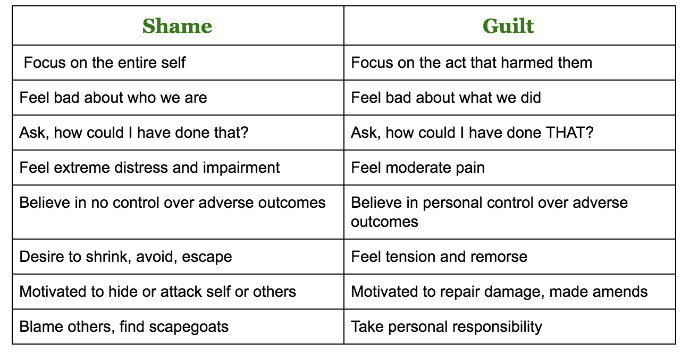 Then criticism is more like a wave washing away from the pier sand, causing algae or temporarily changing the level of humidity, but not destroying the pier itself. nine0003
Then criticism is more like a wave washing away from the pier sand, causing algae or temporarily changing the level of humidity, but not destroying the pier itself. nine0003
Narcissists keep many secrets behind mirrored doors. They are show what others want to see, just not to expose their a terrible secret that they themselves can hardly stand. They are ashamed and catastrophic. Moreover, it is a shame to feel shame.
Shame exposes the narcissistic personality in its feeling own imperfection and need. It hurts to admit it alone and almost unbearable to experience in the presence of another. Narcissistic shame is the antipode of power, the state in which where a person loses power, where the effect of the spell ends, the invisibility cloak falls off, the carriage turns into a pumpkin. nine0003
Here it is important to understand that, firstly, the carriage has always been a pumpkin, and secondly, I love pumpkins, and many of you love them - if not in the form of food, then in the form of wonderful faces for Halloween.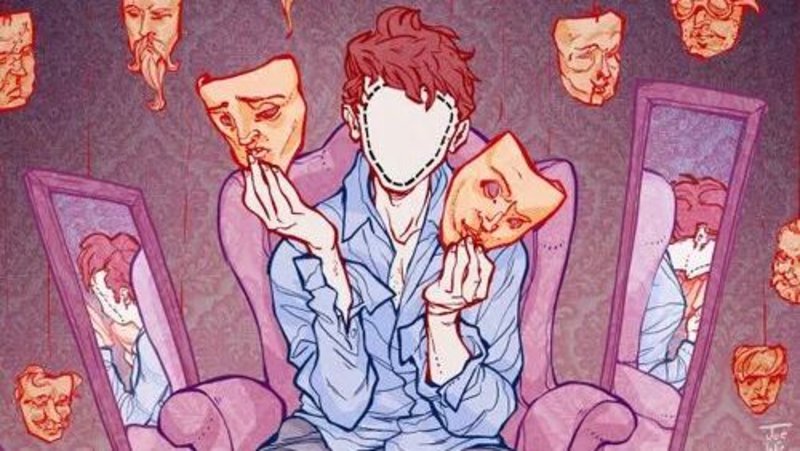 In order to give up the invisibility cloak and believe that the pumpkin can to be desired by others (and to someone - indifferent), narcissistic personality, accompanied by a psychotherapist can go into At best, a couple of years, and even most of my life. But the game definitely worth the candle.
In order to give up the invisibility cloak and believe that the pumpkin can to be desired by others (and to someone - indifferent), narcissistic personality, accompanied by a psychotherapist can go into At best, a couple of years, and even most of my life. But the game definitely worth the candle.
Tags: #shame#narcissism
1
Like: 1
0 4637 1
Complain
Your message
Narcissistic shame. - Dark Triad — LiveJournal
?- Narcissistic shame.
-
- femina_vita wrote in ru_dark_triad
- November 12th, 2015
The fact that in the very center of the narcissistic personality sits a small frail "I" I have already written repeatedly.
 But why does the narcissist not want to look at her? But because he experiences a burning shame, a feeling of inadequacy of his "I".
But why does the narcissist not want to look at her? But because he experiences a burning shame, a feeling of inadequacy of his "I". But the narcissist does not spend years in agony and sighs, what a nonentity I am. He develops several tricky moves that help him avoid shame. Those. there is shame, as it were, but it doesn’t seem to bother me at all. Psychologist Sandy Hotchkiss called these strategies the "7 sins of narcissism." She believes that such self-perception occurs at the age of 2-3 years. Parents do not give the future narcissist enough positive feedback. He experiences only shame from his existence and at some stage simply learns to send shame on a long journey around himself. And shame in this case seems to be bypassed, as surgeons bypass blood vessels. It passes through other channels of the psyche, bypassing the small "I" (bypassed shame)
So what are the 7 sins, why and how does it work?
- Shameless. Yes, shamelessness.
 That's so clever. There is a huge shame, but it is as if it is not there. At the same time, various interpretations of situations or actions of narcissists that could cause even a trace of shame are carefully avoided. He always elegantly turns the arrows on others and blames them for what he did not do well. What should he be ashamed of? Hit your wife? She brought! Didn't return the money? So the one who gave the money is actually a bastard. Therefore, he does not intend to return the money to him. Committed a crime? Actually, it's just nonsense. Everyone does it, and many commit crimes much more serious. Therefore, he is entitled to do the same. Sometimes the explanation is so absurd that it is simply ridiculous to stretch it to the situation. But the narcissist doesn't care. As long as you don't feel ashamed. nine0093
That's so clever. There is a huge shame, but it is as if it is not there. At the same time, various interpretations of situations or actions of narcissists that could cause even a trace of shame are carefully avoided. He always elegantly turns the arrows on others and blames them for what he did not do well. What should he be ashamed of? Hit your wife? She brought! Didn't return the money? So the one who gave the money is actually a bastard. Therefore, he does not intend to return the money to him. Committed a crime? Actually, it's just nonsense. Everyone does it, and many commit crimes much more serious. Therefore, he is entitled to do the same. Sometimes the explanation is so absurd that it is simply ridiculous to stretch it to the situation. But the narcissist doesn't care. As long as you don't feel ashamed. nine0093 - Magical thinking . When you really feel that you are not at your best, and there are people around you who really are much superior to you in everything .
 .. and it’s impossible for you to be not only better, but at least at the level ... What to do? You can imagine that you are impossibly good in every way, and those others are simply disgusting. For example, they are not better, not smarter, but simply try to pretend, deceive, impersonate others. And then dream about how you are given a real honor, and all those who pretended and deceived crawl in shame in the corners. And the main thing is that you are not ashamed that you have not achieved what others have. The feeling of shame that the narcissist is currently experiencing does not belong to him, but to those sprawling impostors. The same mechanism works when they meet some person or phenomenon that reminds them of their inner imperfection, of some hidden aspect of self-hatred. Often this is the aspect they were shamed for. They begin to demand that this person immediately experience shame for them. By coincidence, at the age of 2-3 years, parents often shame the child for various bodily manifestations, for carelessness, for the inability to serve and take care of themselves, for mess.
.. and it’s impossible for you to be not only better, but at least at the level ... What to do? You can imagine that you are impossibly good in every way, and those others are simply disgusting. For example, they are not better, not smarter, but simply try to pretend, deceive, impersonate others. And then dream about how you are given a real honor, and all those who pretended and deceived crawl in shame in the corners. And the main thing is that you are not ashamed that you have not achieved what others have. The feeling of shame that the narcissist is currently experiencing does not belong to him, but to those sprawling impostors. The same mechanism works when they meet some person or phenomenon that reminds them of their inner imperfection, of some hidden aspect of self-hatred. Often this is the aspect they were shamed for. They begin to demand that this person immediately experience shame for them. By coincidence, at the age of 2-3 years, parents often shame the child for various bodily manifestations, for carelessness, for the inability to serve and take care of themselves, for mess. For this reason, especially narcissists run amok in the fields of fashion, beauty, body (figure) and household. So, if you suddenly left the house in something unfashionable, or the makeup is not so applied, or something is wrong with the figure, then you should immediately be ashamed. So the eternal anxiety for one's own imperfection is transferred to those who are tastelessly dressed. nine0093
For this reason, especially narcissists run amok in the fields of fashion, beauty, body (figure) and household. So, if you suddenly left the house in something unfashionable, or the makeup is not so applied, or something is wrong with the figure, then you should immediately be ashamed. So the eternal anxiety for one's own imperfection is transferred to those who are tastelessly dressed. nine0093
In addition, narcissists are terribly afraid of being unloved, sexually unwanted, old, sick, and generally dying. It's a shame to be ugly and not admired. And most importantly, they understand that in fact these things cannot be avoided. These fears magically jump onto others. Others seem sick, old women, looking beyond their years, and most importantly "unbelievable." The latter is generally a horror that it is impossible for a narcissist to survive. The most terrible insult that a narcissist man can think of and throw at a woman is: “I didn’t get on you.” It seems to him that his erection is the basis of the self-esteem of all women on Earth.
 nine0003
nine0003 Narcissists often make friends with people only because their friendship supports the illusion of their own greatness and importance. They seek to capture the attention of the rich and famous, praise them, exalt them, in order to feel part of that "rich and famous life." They seem to take their rightful place. And as soon as friends are unable to maintain this illusion, they are completely coolly left.
In addition, magical thinking and reincarnation can be seen during the candy-bouquet period in a couple. As long as the narcissist can feel like a handsome prince or princess, everything is going great. With the beginning of a life together, the fairy tale melts into the air, and the princess turns into a witch, and the prince into Koshchei the Immortal. Their unsuspecting partner suddenly realizes himself as Cinderella, whose royal property at 12 o'clock at night turned into a pumpkin, and a beautiful dress into tatters. nine0003
- Arrogance. Narcissus tries to keep around him a bubble of unattainable splendor and all sorts of amazing qualities.
 The bubble keeps shame from getting in. "Wonderful" outstanding qualities help the narcissist to denounce and judge others, to moralize, to demand perfection from others, to denounce them. Those. anything to feel on top, in relation to others. Endless attacks on others do not give him the opportunity to look inside himself. Another tricky move in this direction is to constantly compete with others. Life in struggle and constant self-affirmation perfectly drives away feelings of guilt. And what? It's military time, it's not time to think about yourself! For defeat and rejection, the narcissist takes cruel revenge, stopping at nothing. nine0093
The bubble keeps shame from getting in. "Wonderful" outstanding qualities help the narcissist to denounce and judge others, to moralize, to demand perfection from others, to denounce them. Those. anything to feel on top, in relation to others. Endless attacks on others do not give him the opportunity to look inside himself. Another tricky move in this direction is to constantly compete with others. Life in struggle and constant self-affirmation perfectly drives away feelings of guilt. And what? It's military time, it's not time to think about yourself! For defeat and rejection, the narcissist takes cruel revenge, stopping at nothing. nine0093 - Envy. Although envy is considered a black feeling, it is present to varying degrees in everyone. We compare ourselves to others and sometimes feel uncomfortable when we are outnumbered. Most people accept this as inevitable and deal with the feeling in a variety of ways. But envy for a narcissist is a completely impossible feeling.
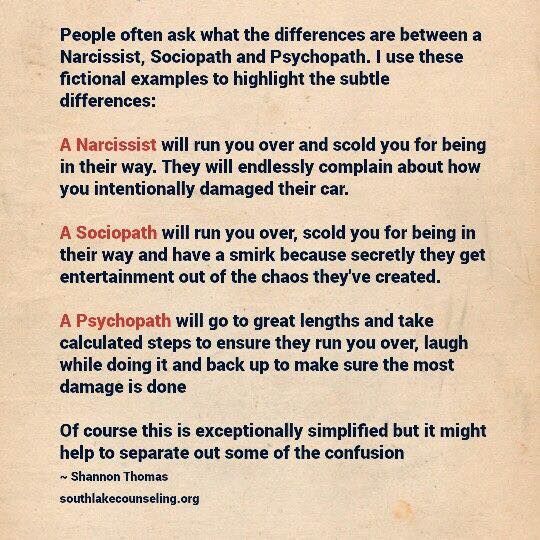 Since he is the best, how can he be envious. If you envy, then you are worse, and to be worse is unbearably ashamed. However, any sign that someone is superior to him in some way hits him pretty hard. Therefore, the feeling of envy is magically transferred to the opponent. If you make a complaint to the narcissist, he will immediately answer you: “Yes, you are just jealous of me!” nine0093
Since he is the best, how can he be envious. If you envy, then you are worse, and to be worse is unbearably ashamed. However, any sign that someone is superior to him in some way hits him pretty hard. Therefore, the feeling of envy is magically transferred to the opponent. If you make a complaint to the narcissist, he will immediately answer you: “Yes, you are just jealous of me!” nine0093
But their envy sometimes really overwhelms them. Sometimes they say amazing compliments: “you
really look amazingly beautiful today, this dress fits you perfectly” I.e. the feeling is so strong,
, that the only way to deal with it is to say a complement. I may not be so handsome, but I am so generous with praise!
But rest assured, this is only for the first moment. The narcissist watches you so carefully and takes into account the punctures. AT
The moment when you are not needed, he will remember your moment of glory.- Ownership. Narcissists believe they own the very best.
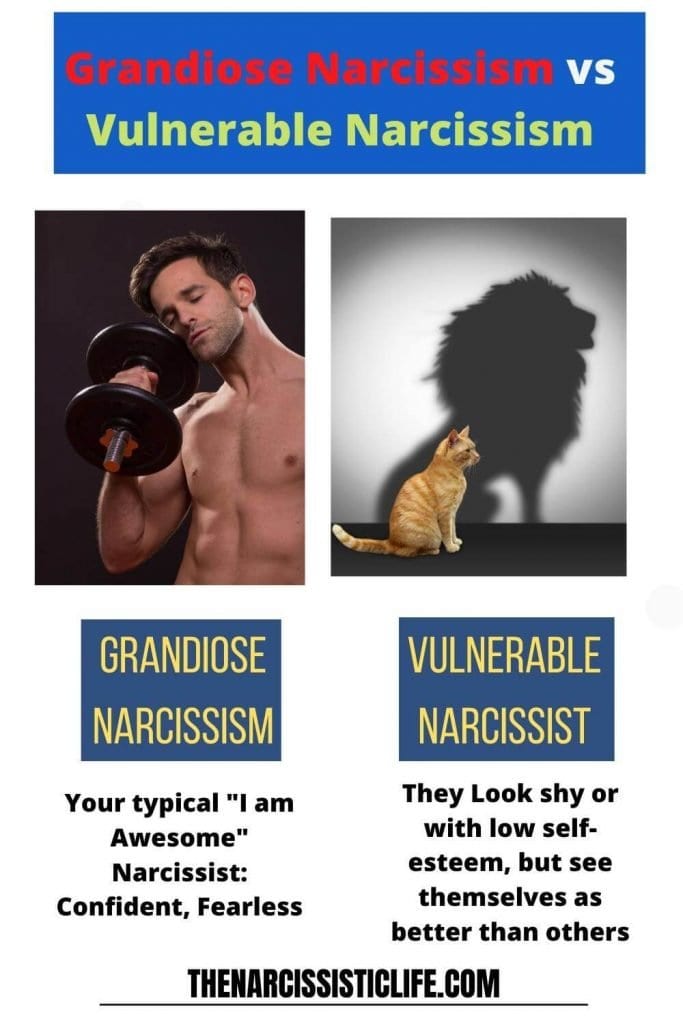 But there are such misunderstandings that other people took possession of their property before. For example, they used to buy their car, or married their prince. Therefore, the achievements of others in them cause irrepressible anger and streams of dirt, the search for vices and imperfections of insolent people who dared to take a better piece of the pie than they do. The shame that they weren't the first is launched with relish in the opponent's face and no longer belongs to the narcissist. nine0093
But there are such misunderstandings that other people took possession of their property before. For example, they used to buy their car, or married their prince. Therefore, the achievements of others in them cause irrepressible anger and streams of dirt, the search for vices and imperfections of insolent people who dared to take a better piece of the pie than they do. The shame that they weren't the first is launched with relish in the opponent's face and no longer belongs to the narcissist. nine0093
- Operation. Narcissus takes advantage of people quite calmly. Some things he considers completely inappropriate for him, but in fact, in every step there is a possible failure. For example, you can salt borscht. But the narcissist does everything perfectly. Too much salt is a shame. It "casts a shadow on his whole being" ("cast a shadow" is also a fairly common phrase from the narcissistic arsenal). Therefore, it is better than feeling shame to manipulate others to do it, and then take it ready.


